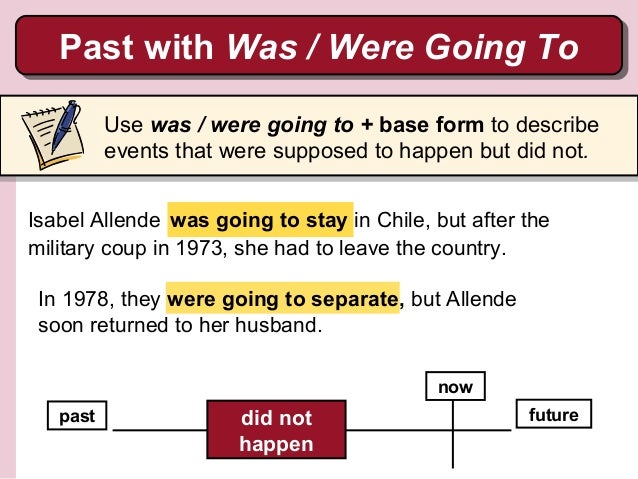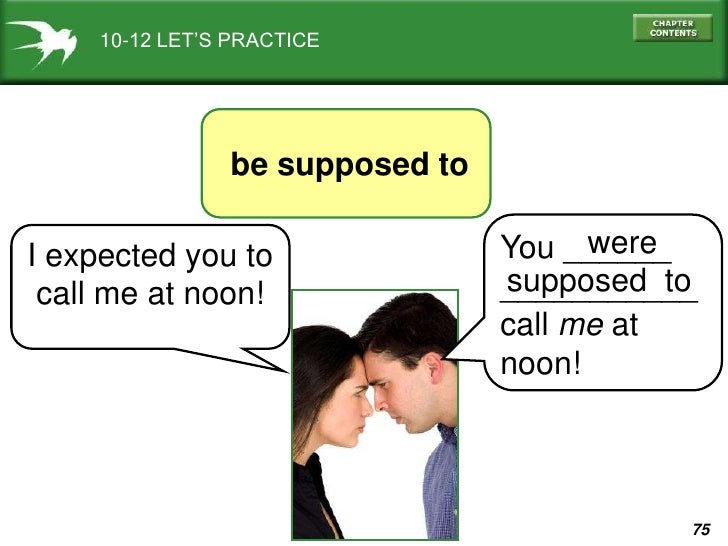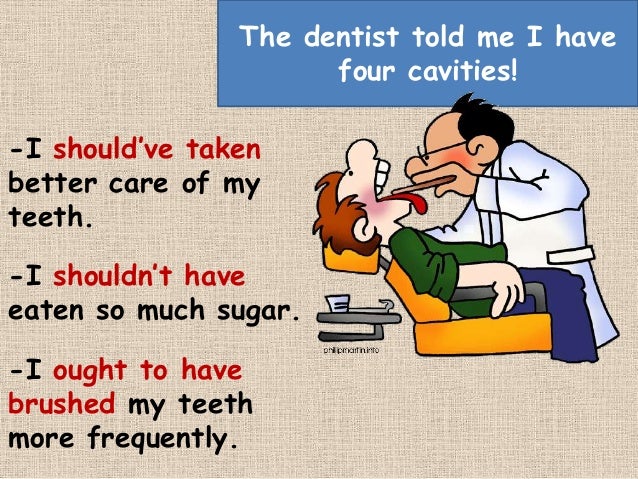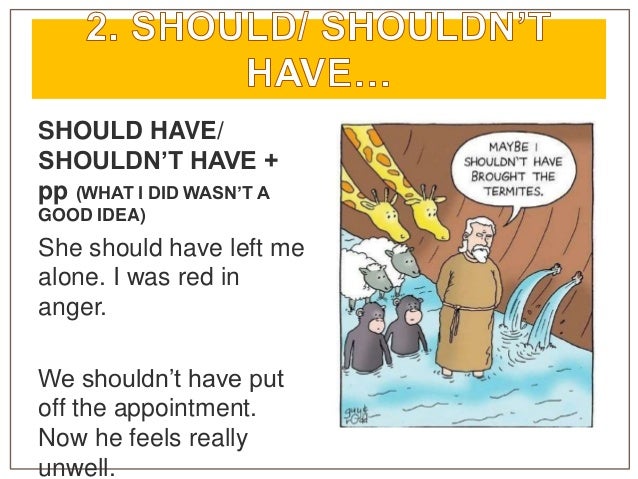SO - SUCH / TOO - ENOUGH
SO (tan, así, entonces) y SUCH (semejante, tal, tan, tanto), suelen confundir. VOY a intentar explicar sus diferencias y cómo se utilizan.
ejemplos:
• I didn't like the film. The plot was so boring!! (No disfruté de la película. ¡¡La trama era tan aburrida!!)• I didn't enjoy the film. It was such a boring plot!! (No disfruté de la película. ¡¡Era una historia tan aburrida!!)
1. CON ADJETIVO SIN SUSTANTIVO SE USA "SO":
Ejemplos: so stupid (tan tonta).
2. CON ADJETIVO Y SUSTANTIVO SE USA "SUCH":
Ejemplos: such a stupid story (una historia tan tonta).
|
También puedes usar SO con un adverbio sin sustantivo. Por ejemplo:
Peter drives so quickly that … (Pedro conduce tan rápido que …)
Tanto SO como SUCH refuerzan el significado de un adjetivo. Observa:
• It's a beautiful day, isn't it? It's so warm. (= really warm)
(Es un día hermoso, ¿no? Está tan cálido. (= realmente cálido)• We enjoyed our vacation. We hadsuch a good time. (= a really good time) (Disfrutamos nuestra vacación. La pasamos tan bien. (= realmente muy bien)Ahora, compara SO y SUCH en estas dos oraciones (y recuerda la regla gramatical de la PARTE I):
• I like Miguel and Victoria. They are so nice.
(Me gustan Miguel y Victoria. Son tan agradables)• I like Miguel and Victoria. They are such nice people. (not so nice people ) (Me gustan Miguel y Victoria. Son personas tan agradables)Con frecuencia decimos SO ... THAT (tan ... que) y SUCH ... THAT (tal ... que):
• I was so tired that I went to bed at seven o'clock.
(Estaba tan cansado/a que fui a dormir a las 7 de la tarde)• Manuel worked so hard that he made himself sick. (Manuel trabajó tanto que terminó enfermándose)
• It was such beautiful weather that we spent the whole day in the park.
(El tiempo estaba tan bueno que pasamos todo el día en el parque)• The book was so good that I couldn't put it down. (El libro era tan bueno que no pude dejar de leerlo)
It was such a good book that I couldn't put it down. (Era un libro tan bueno que no pude dejar de leerlo) (Es un día hermoso, ¿no? Está tan cálido. (= realmente cálido)• We enjoyed our vacation. We hadsuch a good time. (= a really good time) (Disfrutamos nuestra vacación. La pasamos tan bien. (= realmente muy bien)Ahora, compara SO y SUCH en estas dos oraciones (y recuerda la regla gramatical de la PARTE I):
• I like Miguel and Victoria. They are so nice. (Me gustan Miguel y Victoria. Son tan agradables)• I like Miguel and Victoria. They are such nice people. (not so nice people ) (Me gustan Miguel y Victoria. Son personas tan agradables)Con frecuencia decimos SO ... THAT (tan ... que) y SUCH ... THAT (tal ... que):
•• I was so tired that I went to bed at seven o'clock. (Estaba tan cansado/a que fui a dormir a las 7 de la tarde)• Manuel worked so hard that he made himself sick. (Manuel trabajó tanto que terminó enfermándose)• It was such beautiful weather that we spent the whole day in the park. (El tiempo estaba tan bueno que pasamos todo el día en el parque)• The book was so good that I couldn't put it down. (El libro era tan bueno que no pude dejar de leerlo) It was such a good book that I couldn't put it down. (Era un libro tan bueno que no pude dejar de leerlo)
A los efectos de otorgar un tono más coloquial o conversacional, puedes omitir el pronombre relativo that (que) en todas las oraciones anteriores. Algunos ejemplos:
• I was so tired that I went to bed at seven o'clock.
(Estaba tan cansado/a que fui a dormir a las 7 de la tarde)
• Manuel worked so hard that he made himself sick. (Manuel trabajó tanto que terminó enfermándose)
• The book was so good that I couldn't put it down. (El libro era tan bueno que no pude dejar de leerlo)
Too equivale al español "demasiado".
Se utiliza siempre delante de los adjetivos o adverbios que modifica.
This exercise is too easy (Este ejercicio es demasiado fácil)
I arrived too late (Llegué demasiado tarde)
Luego del adjetivo, puede agregarse "to" más un verbo.
He's too young to drive (Es demasiado joven para conducir)
He's too weak to lift it (Es demasiado débil para levantarlo)
Si se usa con sustantivos, significa "demasiado/a/os/as" y va siempre seguido de many o much, dependiendo del tipo de sustantivo contable o incontable.
There are too many people (Hay demasiada gente)
There is too much shadow (Hay demasiada sombra)
Enough equivale al español "lo sufucientemente".
Se utiliza siempre después de los adjetivos o adverbios que modifica.
I arrived early enough (Llegué lo suficientemente temprano)
También puede ser seguido de "to" más un verbo.
He isn't old enough to drive (No es lo suficientemente mayor para conducir)
He isn't strong enough to lift it (No es lo suficientemente fuerte como para levantarlo)

Si se usa con sustantivos, significa "suficiente/s" y va siempre antes.
There aren't enough chairs (No hay sillas suficientes)
There isn't enough light (No hay suficiente luz)
SO + ADJECTIVE
He is so handsome
SUCH A/AN + (ADJECTIVE) + NOUN (SINGULAR COUNTABLE)
He is such a handsome boy
He is such an attractive boy
SUCH + (ADJECTIVE) + NOUN (PLURAL COUNTABLE / UNCOUNTABLE)
They are such handsome boys
It was such delicious food













